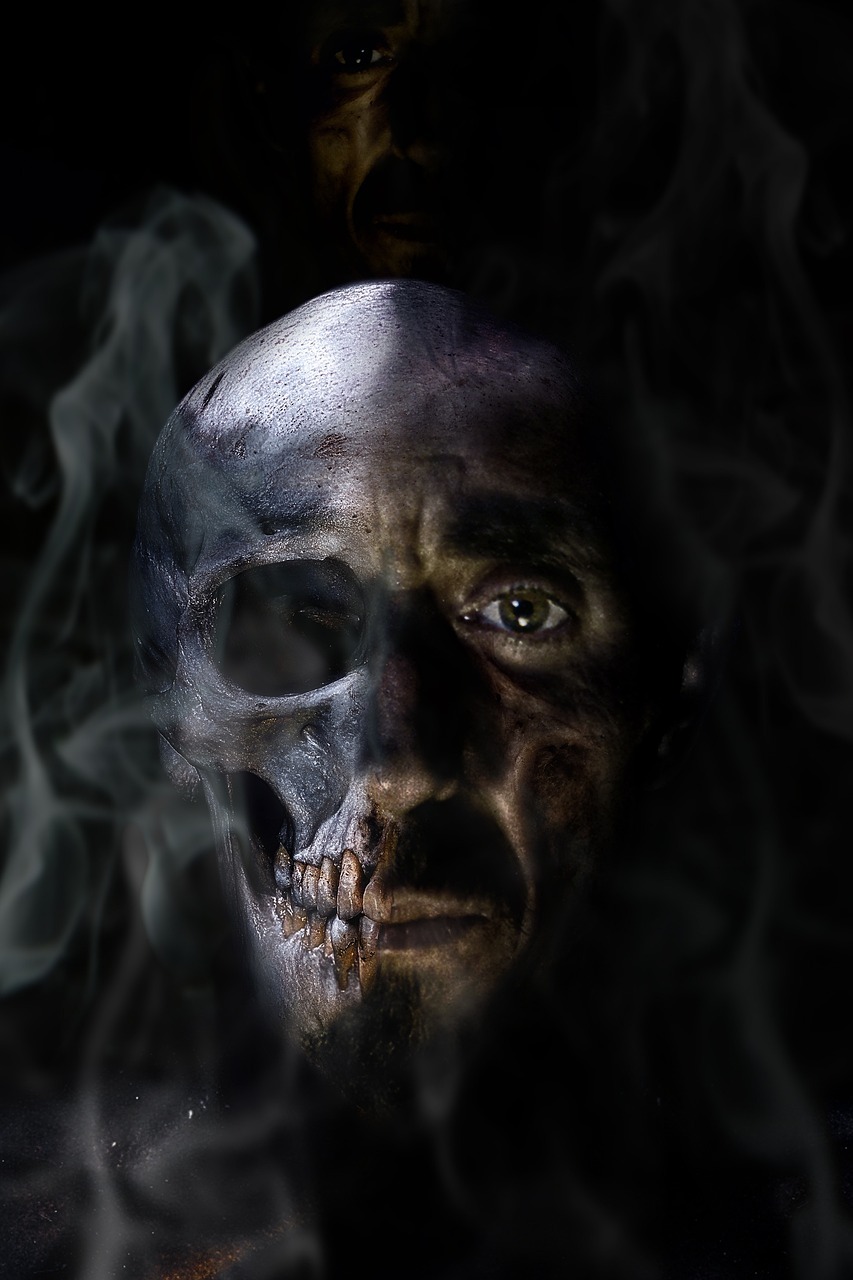
The Monster Within
When people ask me to describe the most "difficult" horror story I've written, I tell them about Spider Bite--the story I wrote about medical burnout.
Writing this piece was a strange exercise in both empathy and apathy. As a writer, you have to be comfortable stepping into the shoes of unlikeable--and often deranged--characters. Zeke Warren definitely fit that mold. Some of Zeke's personality was easy for me to flesh out, since I knew exactly what it’s like to be an overworked ER doctor. But the harder part was imagining the psychosis born from extreme emotional burnout. I needed Zeke to transform from a cynical physician to a bloodthirsty madman, and that meant tapping into a dark place within me.
Spider Bite is written as a descent-into-madness story. These are common as far as horror tropes go (and they have always been a favorite niche of mine.) However, the piece also serves as a cautionary tale about burnout. I wanted to hammer home this theme precisely because it is so prevalent and dangerous in medicine.
Here are some sobering facts. My specialty, Emergency Medicine, consistently tops the charts in emotional burnout. According to one large study of 7,228 physicians across specialties, 65% of emergency providers identified as “burned out”—which is approximately three times higher than the average physician [Berger 2013].
Emergency providers work in a high-volume, high-stakes environment, where we face a never-ending deluge of patients suffering from an endless list of ailments. Every day is busy, and tensions often run high. Sometimes our patients channel their frustration into us. We've been struck by fists, clawed at, spit upon, and screamed at in all manner of derogatory language--and it happens almost every day.
When you are on the receiving end of that much abuse, it's natural to want to lash out. That's what burnout does to you. You lose your sense of empathy. You lose your ability to connect with humans. You begin to feel a deep sense of victimization. You project your own anger onto others. And all the while, there's ticking timebomb of impatience deep inside your chest. Something feels like it's going to explode.
If you're lucky, you can recognize these psychological red flags and take steps to put out the fire before it burns you alive. But not everyone has the mindfulness, or the resources, to recognize the danger they're in. For many in the field of medicine, burnout becomes the death of their career. For Zeke Warren in "Spider Bite," it was more than death that came for him.
I wish I could say that medicine is moving in a better direction, but I fear it's getting worse out there. The world is not becoming a less stressful place. If you factor in a global pandemic, the corporate take-over of medicine, increasing patient volumes, dwindling primary care services, hospital staffing shortages, and the erosion of public trust, you've got a recipe for some very bitter burnout. And we're all drinking the same brew.
It's worth noting, though, that most ER doctors I know are pleasant, sharp, and dedicated folks. They're out there in the trenches doing the bloody work that needs to be done. I'm enormously proud of the work they--and all of us--do for the people in our community.
But there's a darker side to medicine, and that's why I wrote Spider Bite. When you're pushed too far, it's human nature to push back. Unless we can learn how to protect ourselves, and to build the infrastructure needed to sustain this madhouse of emergency medicine, someday Zeke Warren's whispering spider god will come for us all.
***
For a deeper dive into trends about emergency physician burnout, check out these articles below:
Berger, Eric. Physician Burnout. Annals of Emergency Medicine, 2013. Link: https://www.annemergmed.com/ar...
Petrino R, Riesgo LG, Yilmaz B. Burnout in emergency medicine professionals after 2 years of the COVID-19 pandemic: a threat to the healthcare system? Eur J Emerg Med. 2022 Aug 1;29(4):279-284. doi: 10.1097/MEJ.0000000000000952. Epub 2022 Jun 22. PMID: 35620812; PMCID: PMC9241557. Link: https://www.ncbi.nlm.nih.gov/p...
0 Comments Add a Comment?